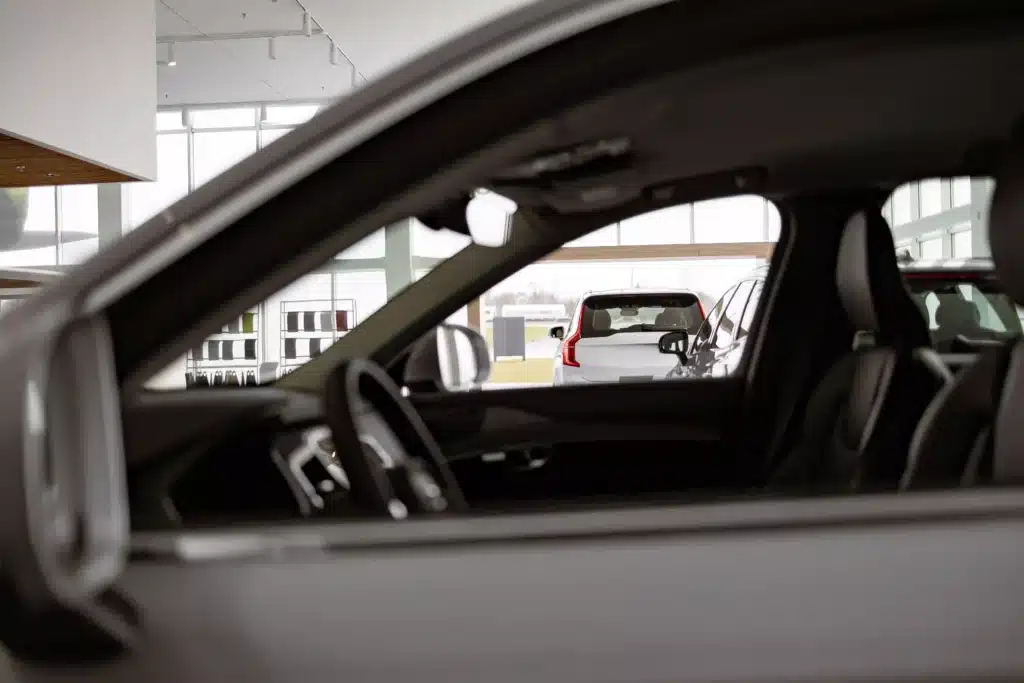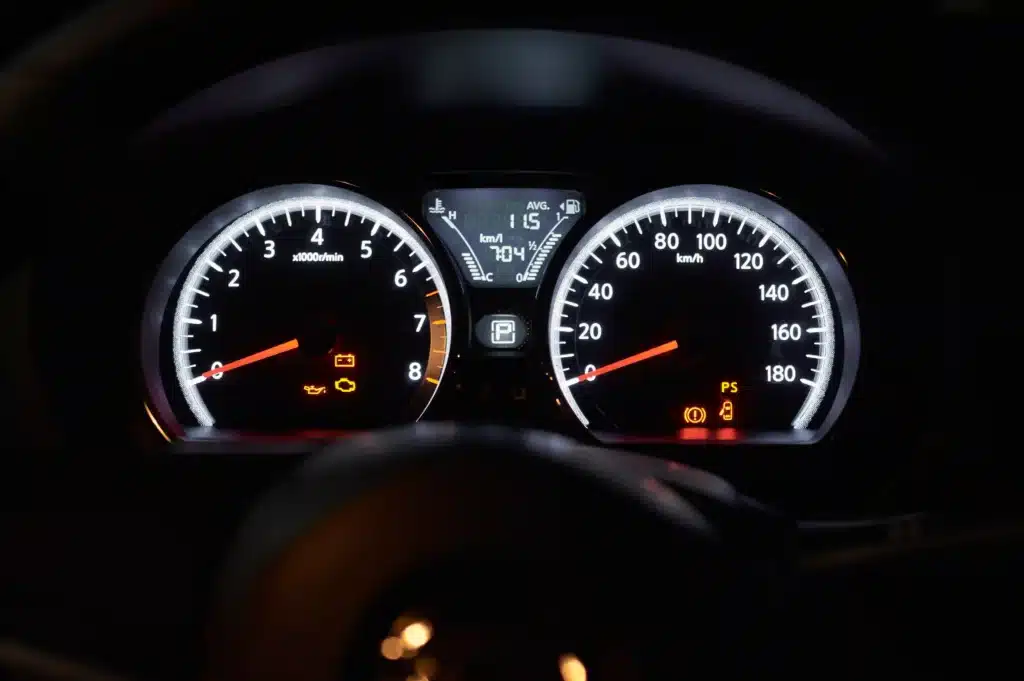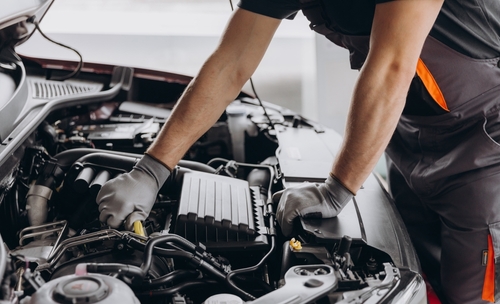Originally published on December 22, 2022.
The National Highway Traffic Safety Administration is investigating rear differential problems that put about 1.7 million 2018–2022 Honda CR-V and HR-V SUVs at risk of losing motive power while driving.
Honda CR-V and HR-V Rear Differential Investigation Update
Update as of July 25, 2024: The National Highway Traffic Safety Administration has closed its investigation into more than 1.7 million 2018–2022 Honda CR-V and HR-V vehicles, which were at risk of losing motive power while driving.
This loss of motive power was attributed to rear differential seizures in 2018–2022 Honda CR-V and HR-V vehicles equipped with all-wheel drive, for which Honda found 1,201 incidents of power loss in its data. According to the investigation, the rear differential oil seals fail to perform their job of preventing oil leaks and protecting internal components from contaminants. As a result, the drive shafts can fracture and cause a loss of motive power while in all-wheel drive.
According to Honda, the oil seal’s lip contact with the driveshaft can become unstable when experiencing intermittent changes in internal pressure. These failures often occurred early in the vehicle lifetimes of affected 2018–2022 Honda CR-V and HR-V vehicles.
In November 2021, Honda changed the seal specifications and improved the manufacture and transport of relevant parts. Specifically, it improved transport packaging and the visual inspection process before and after oil seal installation.
Honda said that in the event of rear differential failure or drive shaft fractures, the Honda CR-V or Honda HR-V vehicle can still work without stability loss as it will function essentially as a two-wheel drive vehicle.
The driver may still hear noises when the rear differential failure occurs.
This does NOT mean a Honda rear differential defect does not exist. It simply means a recall may not happen at this time. The National Highway Traffic Safety Administration reserves the right to take further measures at a later time.
If your 2018 or newer Honda CR-V or Honda HR-V has recurring issues that Honda cannot seem to fix within the warranty period, you may have a lemon. Get a free consultation from a Honda lemon law attorney in California today.
Honda CR-V and HR-V Power Loss Defect
The Office of Defects Investigations received several early warning reporting (EWR) reports that allege Honda CR-V and HR-V SUVs stopped moving at highway speeds with no warning. According to field reports, rear differential lock-ups caused the Honda SUVs to lose power and, in some cases, made the drive shafts fracture. The fractured drive shafts caused the Honda owners to need their SUVs towed.
Honda CR-V and HR-V Power Loss Complaints
Honda rear differential problems prompted Honda CR-V and Honda HR-V owners to submit complaints to NHTSA. In some cases, the rear differential problems caused the Honda CR-V and Honda HR-V vehicles to drop from highway speeds to just 10 miles per hour.
2019 Honda CR-V, June 25, 2020
“We were driving on a straight section of road at 80 mph [an interstate] when the engine light came on and we lost power to the wheels, but the engine was still running. There was no jerking motion or any sign of trouble when this happened. We had to coast in heavy traffic with semi-trucks all around us to get to the right hand shoulder for a safe place. Honda’s reply to the dealer was to change the oil out if there was gas in the oil. There was gas in the oil when the dealer checked so they replaced the oil. No other fix was suggested by Honda to the dealer even though this problem was supposed to be fixed for the 2019 models, as it had initiated field repairs for the 2017 & 2018 models. The fix was supposed to be implemented at the assembly plants before the 2019 models were sold.”
2020 Honda CR-V, September 10, 2020
“The contact owns a 2020 Honda CR-V. The contact stated that the vehicle experienced sudden deceleration while driving 75 down to 10 mph. No warning light was illuminated. The contact stated that the vehicle would not respond and that the electrical system remained functional. The contact stated that the vehicle would not generate enough power to drive onto the flatbed. The contact stated that he was able to steer to the left but almost was hit and was able to coast on the grass and waited a couple of hours until the tow truck arrived. The contact also mentioned that the engine remained running. The vehicle was towed to a local unknown dealer and later was towed to [a Honda dealership] where the dealer was able to replicate the failure, but was unable to provide a cause for the failure. The mechanic was unable to retrieve a fault code. The vehicle was not repaired. The contact stated that the dealer called the manufacturer and was provided a case number. […] The failure mileage was approximately 950.”
2019 Honda HR-V, May 25, 2021
“The contact owns a 2019 Honda. HR-V. The contact stated while driving 40 mph, the accelerator pedal was depressed however, the vehicle loss of motive power and power steering assist making it difficult to change lanes. The contact also stated that while driving and exceeding 40 mph, the vehicle started jerking. There was no warning light illuminated. The vehicle was not diagnosed nor repaired. The manufacturer was not made aware of the failure. The failure mileage was approximately 8,800.”
2019 Honda HR-V, July 20, 2020
“When pressing the gas to begin moving from a complete stop, at a light on the 76 highway, the car will not kick into drive. You can press the pedal all the way to the floor and the vehicle only goes 10 miles per hour in traffic! This has happened 5 times within the last year!”
2020 Honda HR-V, April 2, 2021
“Bought new Honda from dealer, less than 4,700 miles. Car would not accelerate after pushing gas pedal on highway and local while driving, it slows down to a dangerous speed.”
2022 Honda HR-V, August 23, 2022
“While driving my 2022 Honda HRV the vehicle started losing acceleration on its own. The vehicle abruptly slowed down while I was driving it. There was no warning. This is a major safety issue as the car lost speed without any warning and can easily cause an accident.”
Honda Rear Differential Investigation
The preliminary investigation will determine the scope and severity of the Honda rear differential problem in the affected SUVs. Once NHTSA completes the investigation, the results will determine if Honda needs to recall 2018–2022 Honda CR-V and Honda HR-V vehicles.
Source: NHTSA.gov






